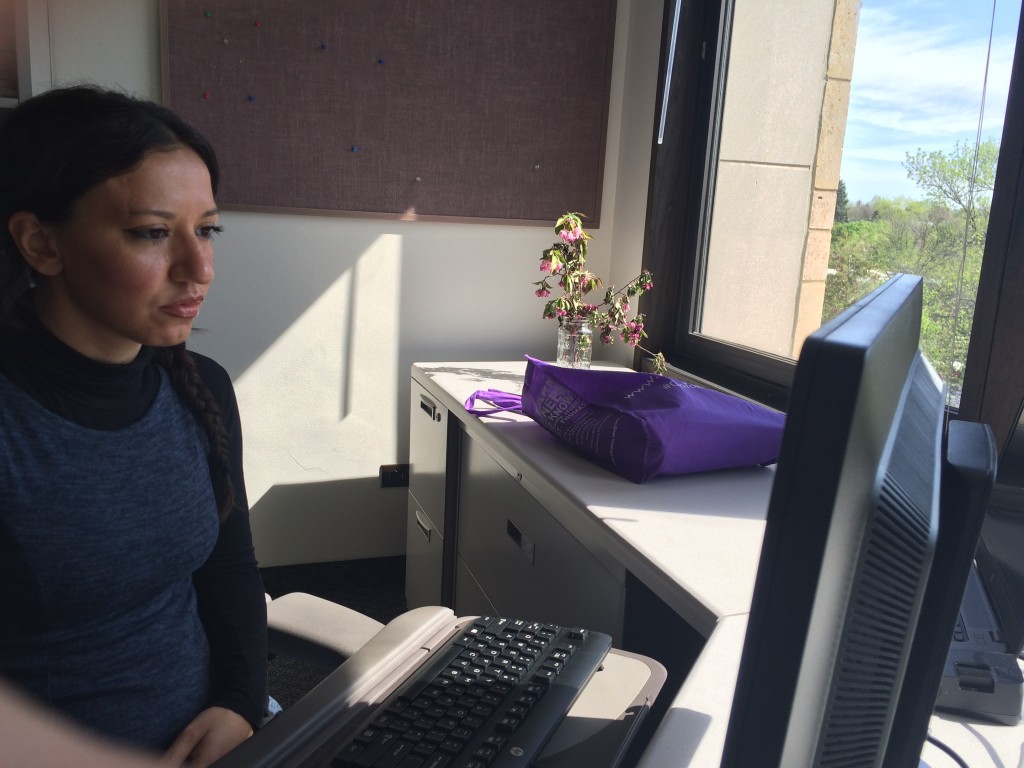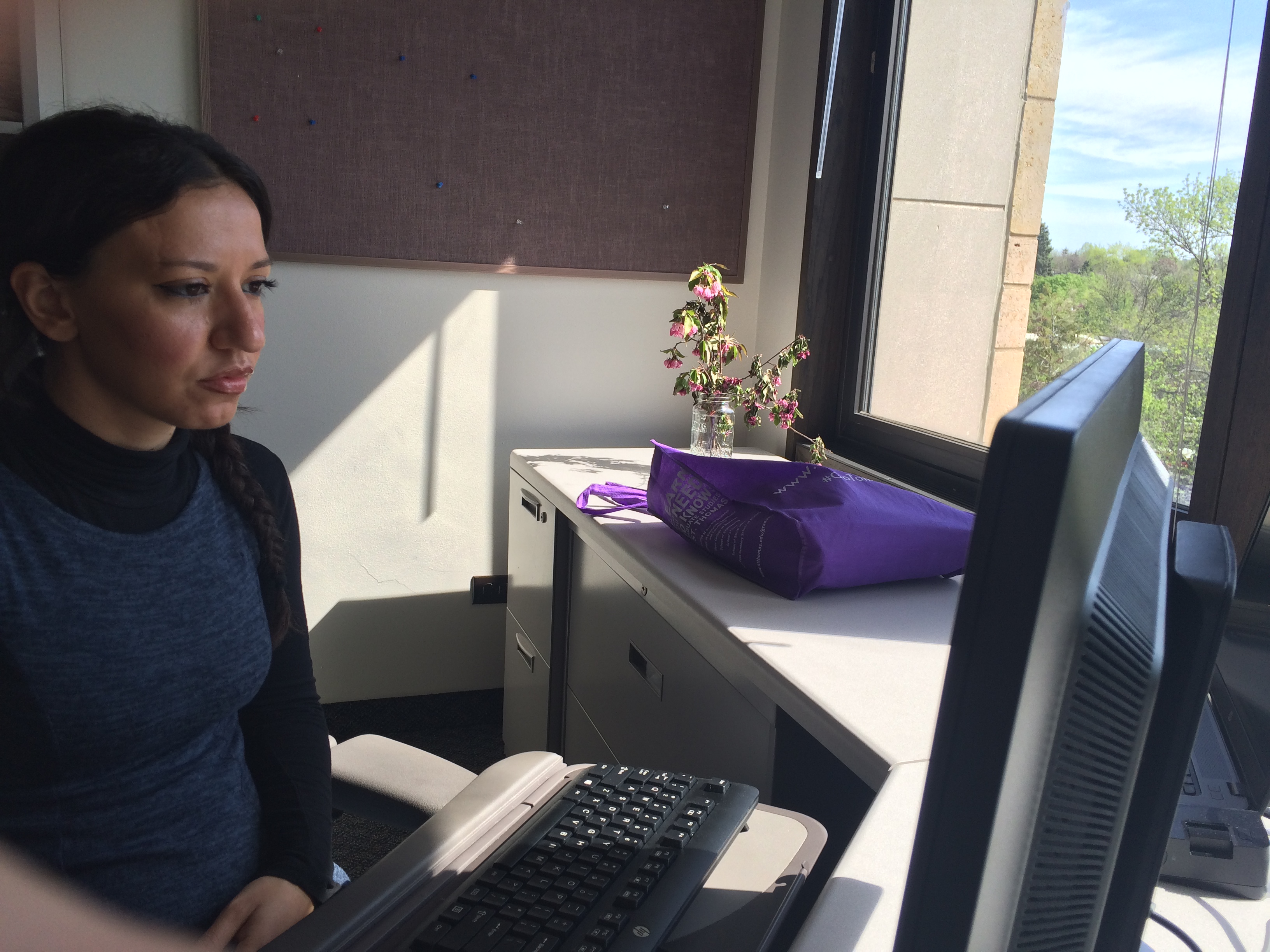
Cultural anthropologist Rosella Galletti has been speaking with St. Thomas classes to encourage students to adopt a Mediterranean diet, something she believes is a wise choice for many people, including students.
The diet originated from a study conducted by Minnesota scientist Ancel Keys, during which he analyzed the eating habits of Neapolitan citizens and compared them to the those of men from Minnesota. Keys studied the relationship between diet, lifestyle and other factors of cardiovascular health.
He found that for many Minnesotans, dietary consumption focused on animal fats with butter being used liberally in meals. As a result, many subjects had high cholesterol, as well as an increased chance of cardiovascular disease.
The Neapolitan diet is based on a wide range of healthy foods, and people who followed it had cholesterol levels of nearly zero. After observing the differences between the two cultures, Keys coined the term “Mediterranean diet” in reference to the eating habits that kept the Neapolitans so healthy.
While visiting classes, Galletti said the lack of people who knew of Ancel Keys shocked her. Even those who had heard of the Mediterranean diet had skewed perceptions of what is involved, and when asked by Galletti to name its contents, suggested various foods that were not involved in the diet.
Another prominent thing she noticed was the lack of reaction that her presentation received. Students were very shy to speak up when they did at all, which concerned Galletti.
“I was hoping for my lecture to be more like an exchange, so that students could be comfortable interacting and would thus understand more about the Mediterranean diet and nutrition in general,” Galletti said.
Even if they did not speak up, students did appreciate Galletti coming in to talk. Freshman Jacqueline Payne listened to Galletti during her nutrition class and said she learned a lot.
“She talked a lot about how culture influences diet choices. It taught me to keep an open mind while studying different cultures and their traditions,” Payne said.
Galletti thinks students should know about people like Keys and his far-reaching work, such as the idea of the ration keys distributed to soldiers in World War II.
Galletti thinks students should learn not only about nutrition but about the culture that exists behind certain foods. If people were more educated about what is in their food and where it comes from, obesity numbers would drop, according to Galletti.
Payne thinks Galletti’s lessons would be valuable beyond nutrition classes.
“Her talk was very interesting and valuable for people interested in nutrition, but I think any student would have found it interesting,” Payne said.
Jeffrey Langan can be reached at lang5466@stthomas.edu.

